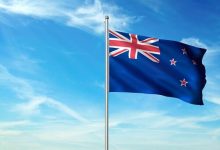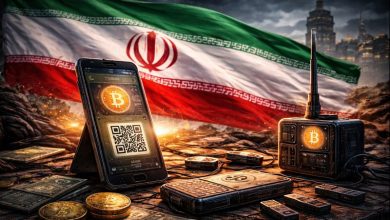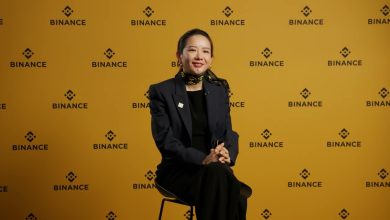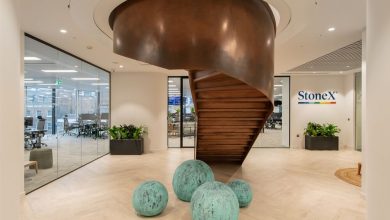BDACS Launches South Korea’s First Won-Backed Stablecoin

BDACS has announced the launch of South Korea’s first won-backed stablecoin, marking a significant milestone in the country’s evolving digital asset industry. The stablecoin, named KRW1, is pegged 1:1 to the Korean won and issued on the Avalanche blockchain. Each KRW1 token is fully backed by reserves held at Woori Bank, one of South Korea’s largest financial institutions, ensuring stability and transparency.
The launch follows a successful proof-of-concept (PoC) conducted with Woori Bank earlier this year. During the trial, BDACS validated the technical foundations for issuance, reserve management, and real-time banking API integration. This collaborative approach provides users with a stablecoin that can be transparently verified against actual bank-held reserves, bolstering trust in the product and laying groundwork for broader adoption.
Strengthening Korea’s digital finance ecosystem
KRW1 has been designed to serve multiple use cases, ranging from digital payments and remittances to investments and potential applications in the public sector. By offering a blockchain-based stable representation of the Korean won, KRW1 reduces dependence on widely used foreign-backed stablecoins such as USDT and USDC. This move also strengthens South Korea’s ability to build domestic digital financial infrastructure, tailored to local economic needs and regulatory expectations.
Industry analysts highlight that the launch of KRW1 places South Korea at the forefront of stablecoin innovation. Countries worldwide have been debating the merits of national or regionally focused stablecoins, with Korea’s move serving as a practical demonstration of how financial institutions and blockchain firms can collaborate. By tying the stablecoin directly to reserves in a trusted domestic bank, BDACS aims to combine technological efficiency with the credibility of the traditional banking system.
Anticipating regulatory clarity
The introduction of KRW1 also comes ahead of the rollout of South Korea’s Digital Asset Basic Act, which is expected to formalize regulations around stablecoin issuance, custody, and usage. This new law, set to come into effect next year, will likely establish clearer frameworks for digital assets, particularly focusing on investor protection and systemic stability.
By launching KRW1 before these regulations take full effect, BDACS is positioning itself as a first mover ready to comply with future oversight. This proactive stance may provide the company with a competitive advantage as compliance becomes an essential part of operating within the sector. It also signals to regulators that industry participants are willing to work within evolving legal frameworks rather than resisting them.
The partnership with Woori Bank is particularly significant, as it provides institutional legitimacy for the project and could encourage other banks in South Korea to explore similar collaborations. Analysts believe this model could serve as a template for future stablecoin initiatives across Asia, where governments are actively considering how to regulate and integrate blockchain-based financial tools.
As KRW1 gains traction, its success will be closely watched by both domestic and international markets. If widely adopted, it could pave the way for similar national stablecoins and contribute to reshaping how digital money interacts with traditional financial systems. For South Korea, the launch represents not only a technological achievement but also a step toward greater financial sovereignty in the digital era.







